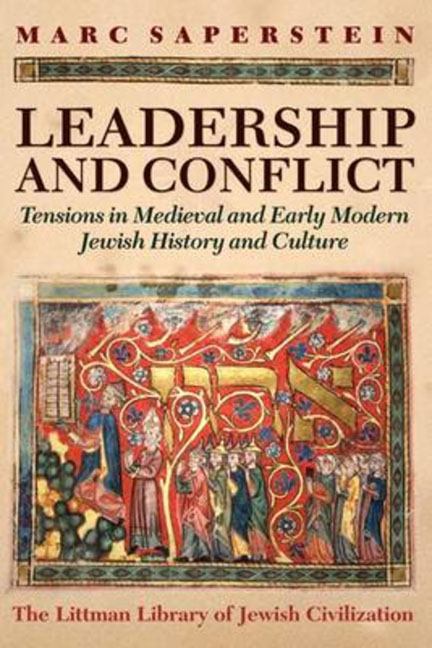Book contents
- Frontmatter
- Dedication
- Acknowledgements
- Contents
- Note on Transliteration
- Introduction
- PART I TWO MODES OF RABBINIC LEADERSHIP
- PART II INTELLECTUAL CHALLENGE AND CONFLICT
- PART III LEADERS FACING COMMUNITIES IN UPHEAVAL
- PART IV CONFLICTING ATTITUDES TOWARDS EXILE, THE LAND, AND THE MESSIAH
- Bibliography
- Index of Passages Cited
- General Index
6 - Ein li esek banistarot: Saul Levi Morteira’s Sermons on Parashat ‘Bereshit’
- Frontmatter
- Dedication
- Acknowledgements
- Contents
- Note on Transliteration
- Introduction
- PART I TWO MODES OF RABBINIC LEADERSHIP
- PART II INTELLECTUAL CHALLENGE AND CONFLICT
- PART III LEADERS FACING COMMUNITIES IN UPHEAVAL
- PART IV CONFLICTING ATTITUDES TOWARDS EXILE, THE LAND, AND THE MESSIAH
- Bibliography
- Index of Passages Cited
- General Index
Summary
IN THE SUMMER OF 2003 I sent a book-length typescript to the Hebrew Union College Press, a comprehensive study based on the massive collection of manuscript sermons by the leading rabbi of the Portuguese Jewish community in Amsterdam, Saul Levi Morteira—a project on which I had been working for more than a decade. I believed that my study of these texts was completed, and I was finally free to pursue new research projects. Soon after, the invitation to contribute a chapter to the Festschrift for Joseph Dan on the general theme of ‘Creation and Re-Creation in Jewish Thought’ unexpectedly made me rethink this assumption.
I first met Joseph Dan at the Hebrew University in the fall of 1969, when he welcomed me into his MA seminar ‘The Hasidic Story’, an experience which provided a first, consciousness-expanding encounter with the academic study of Jewish mysticism and the analysis of Jewish narrative texts that negotiated the interaction of mysticism, literature, and folklore. The following year, Dan's seminar ‘Homiletical Literature in Spain and Italy’ whetted my interest in the conceptual and literary study of sermon texts, a topic that would later become the central focus of my academic career. His book, Homiletical and Ethical Literature (Sifrut haderush vehamusar), which appeared in 1978, provided invaluable guidance as I was beginning to move into this new field of research. His teaching was a model for me of the master pedagogue's capacity to make any text, or any subject, spring to life. Throughout the years, he has sustained a relationship of mentor and friend. Declining the invitation to be part of his Festschrift was inconceivable to me. Yet the only way in which I could make an appropriate contribution was by returning to Morteira, immediately after having completed my book.
While Exile in Amsterdam contains analysis of specific themes in Morteira's preaching, including the use of history, the treatment of Christianity and ‘New Christians’, and the many-faceted exploration of exile and redemption, I had not discussed the theme of Creation in a systematic manner.
- Type
- Chapter
- Information
- Leadership and ConflictTensions in Medieval and Modern Jewish History and Culture, pp. 140 - 176Publisher: Liverpool University PressPrint publication year: 2014



